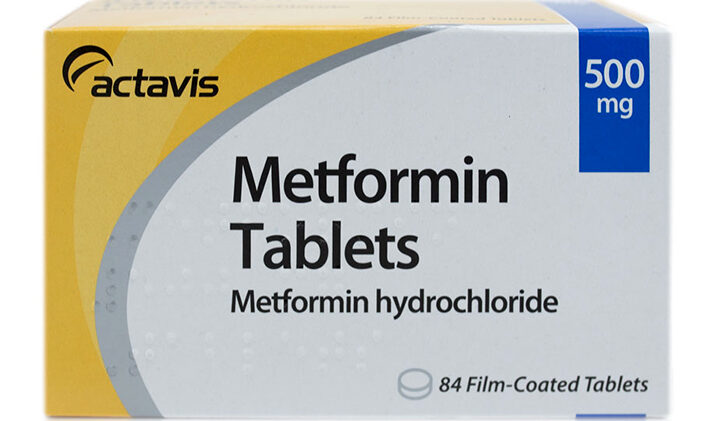Metformin is one of the most widely prescribed medications and a member of biguanide class of drugs for the management of type 2 diabetes mellitus. As an oral hypoglycemic agent, it is recognized for its efficacy, safety profile, and versatility in treating not only diabetes but also a variety of other medical conditions. This article…
Category: Biguanides
Biguanides are a class of oral medications primarily used to manage type 2 diabetes. They enhance the body’s reaction to insulin, helping control blood glucose levels. The most well-known biguanide is metformin, which remains the first-line treatment for type 2 diabetes due to its effectiveness, safety, and low cost.
Mechanism of Action
Biguanides exert their effects mainly by:
- Decreasing hepatic glucose production: They reduce the amount of glucose the liver produces, which significantly contributes to high blood sugar levels in type 2 diabetes.
- Increasing insulin sensitivity: Biguanides enhance the body’s sensitivity to insulin, allowing cells to take up glucose more efficiently.
- Improving peripheral glucose uptake: These drugs help muscle and fat cells absorb glucose, thus lowering blood glucose levels.
Additionally, biguanides have a mild effect on reducing intestinal absorption of glucose, though this is not their primary mechanism.
Drugs in the Biguanide Class
- Metformin – The most commonly prescribed biguanide, it is available in immediate-release and extended-release forms. Metformin is often prescribed as the first-line therapy for the treatment of type 2 diabetes.
- Phenformin – Previously used, but withdrawn from the market due to its association with an increased risk of lactic acidosis, a rare but serious side effect.
- Buformin – Similar to phenformin, it has largely been phased out in favor of safer alternatives, including metformin.
Conclusion
Biguanides, particularly metformin, are vital in the treatment of type 2 diabetes, offering significant benefits in blood sugar control with relatively low side effects. Their ability to target multiple mechanisms, from reducing hepatic glucose production to enhancing insulin sensitivity, makes them a cornerstone of diabetes management.
